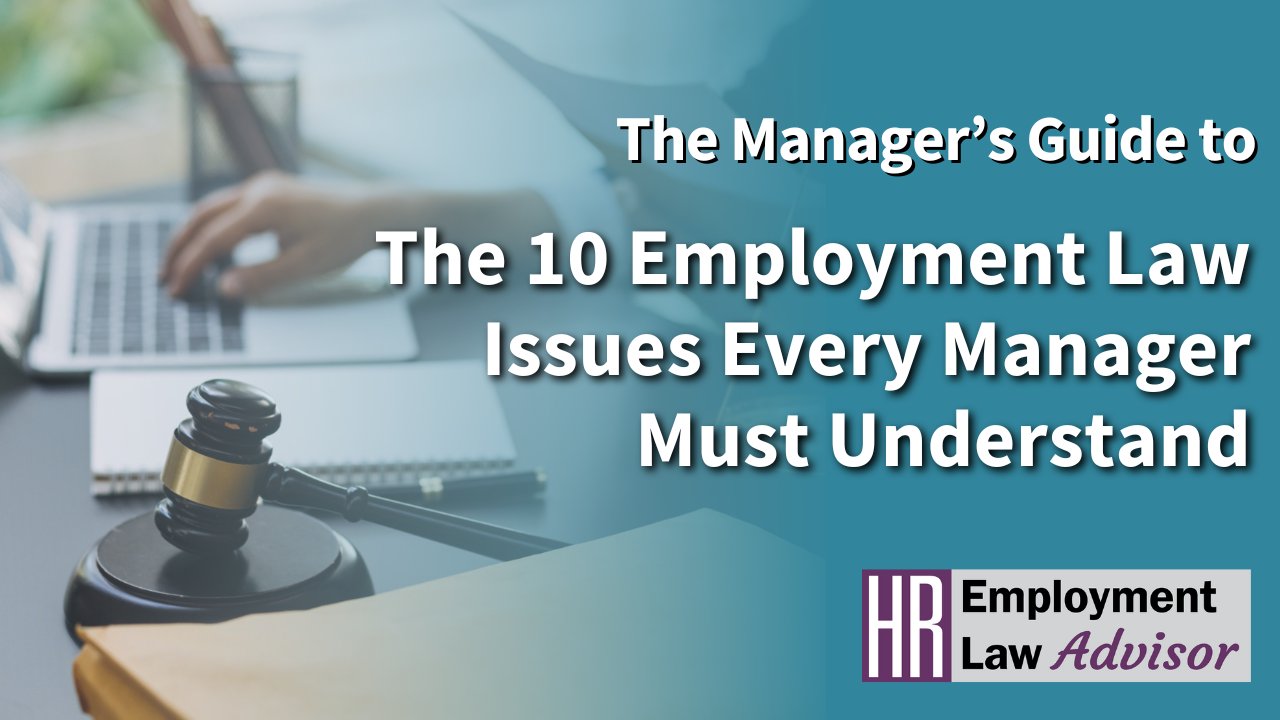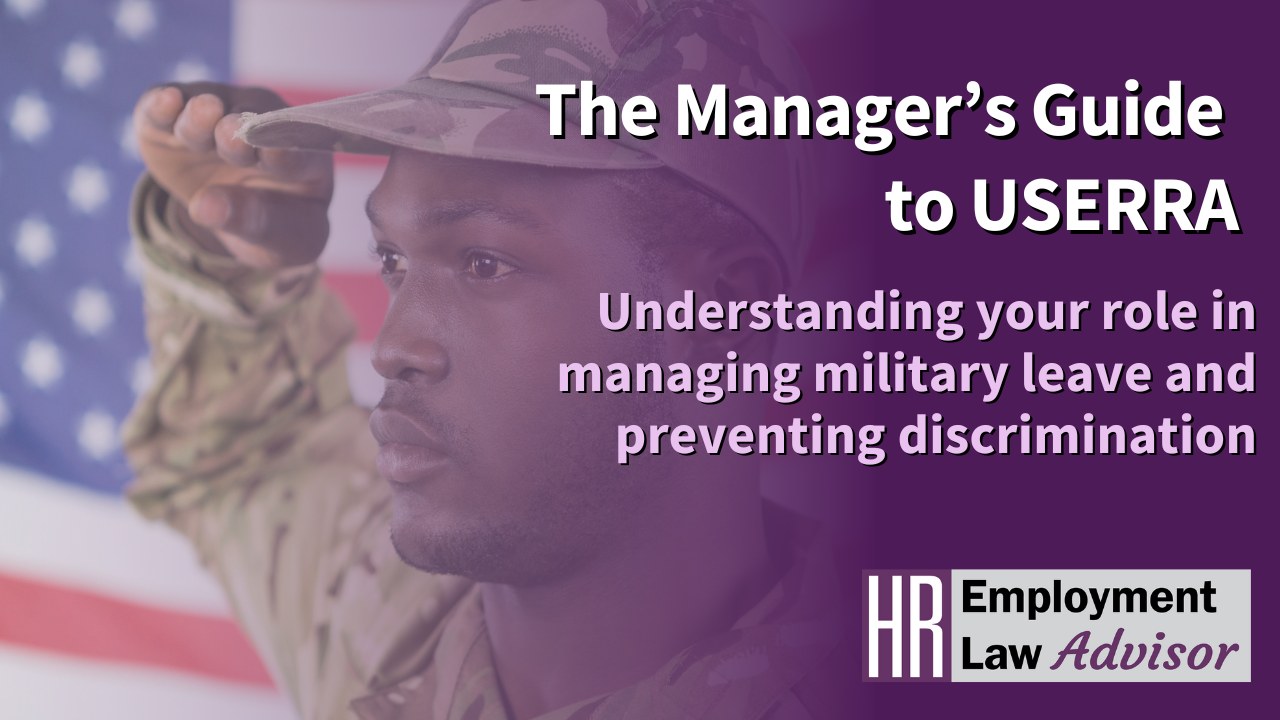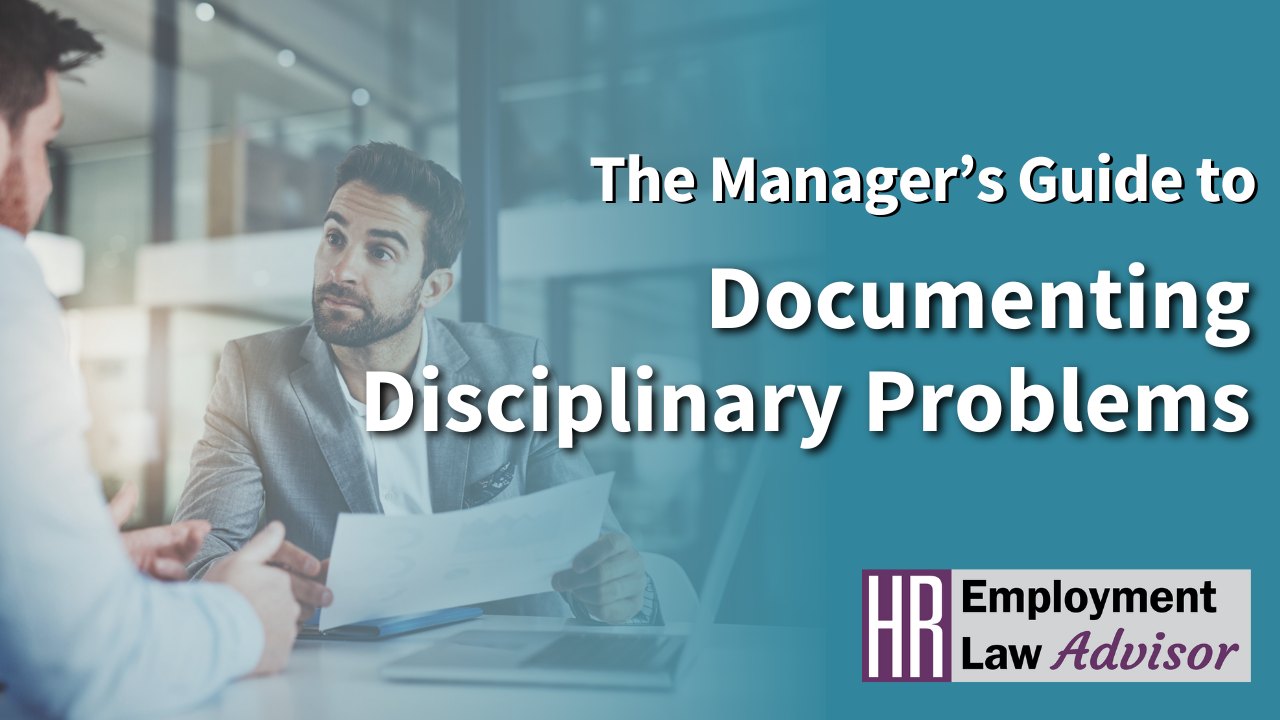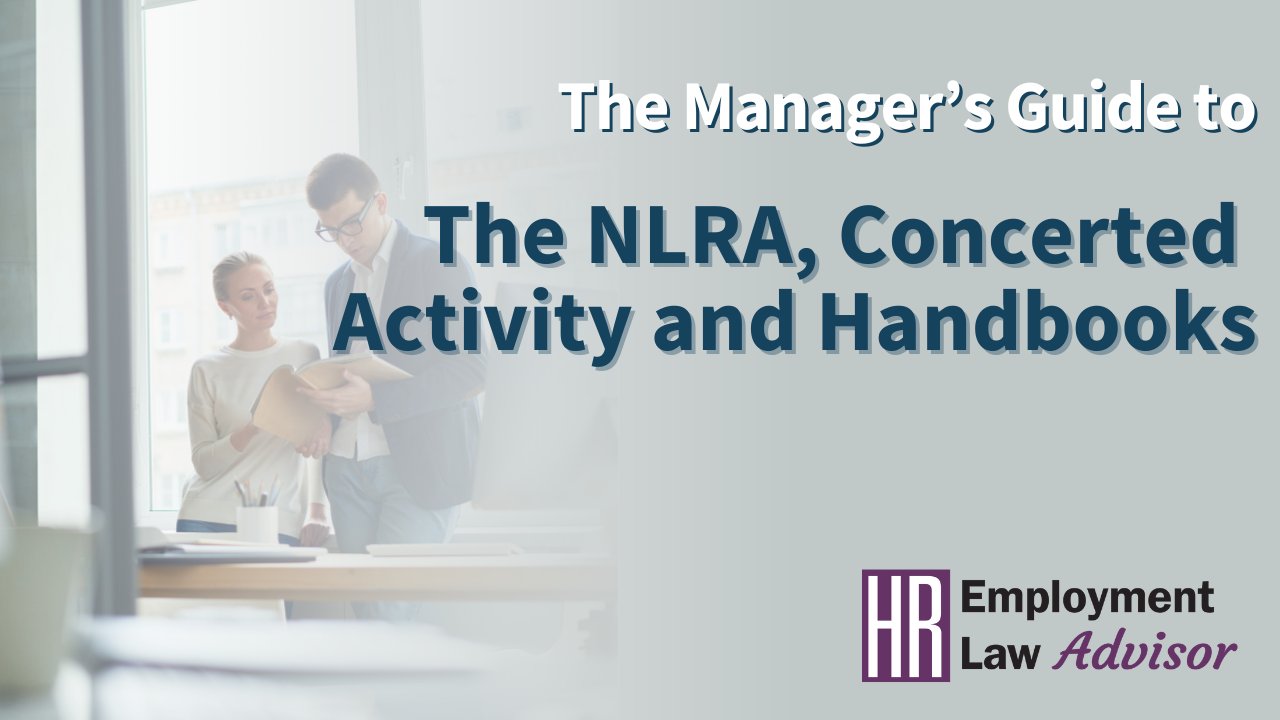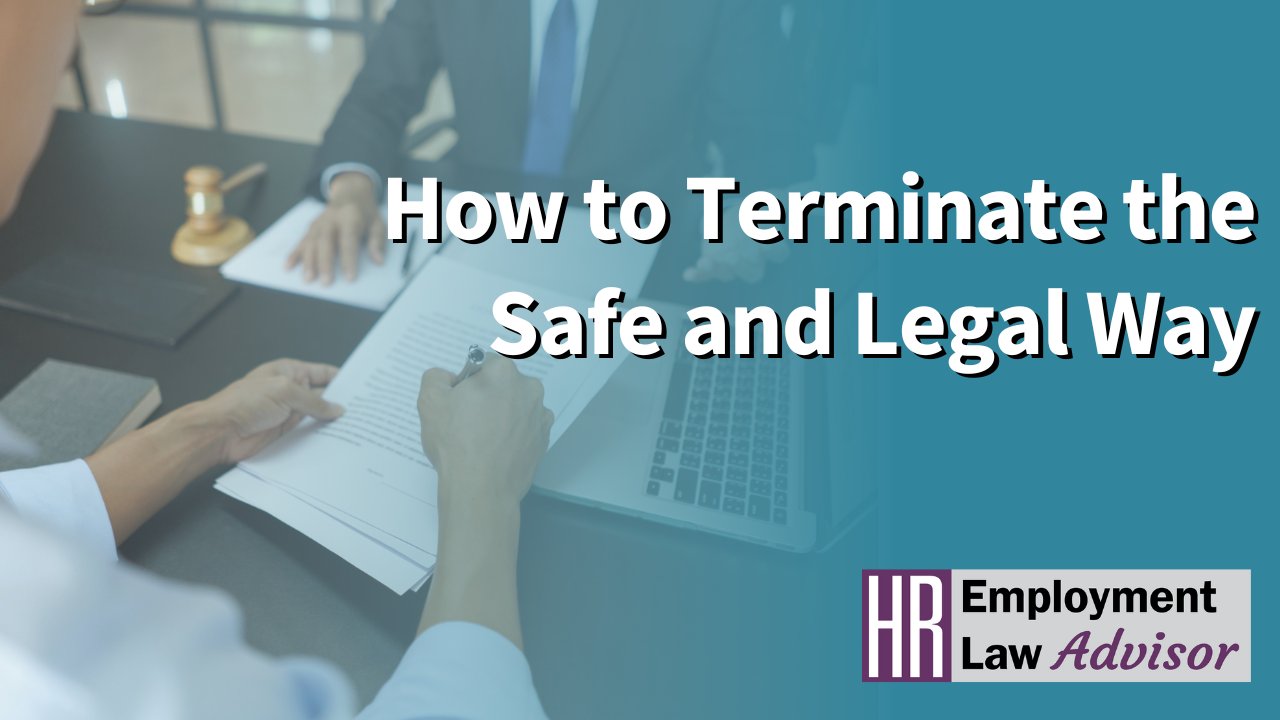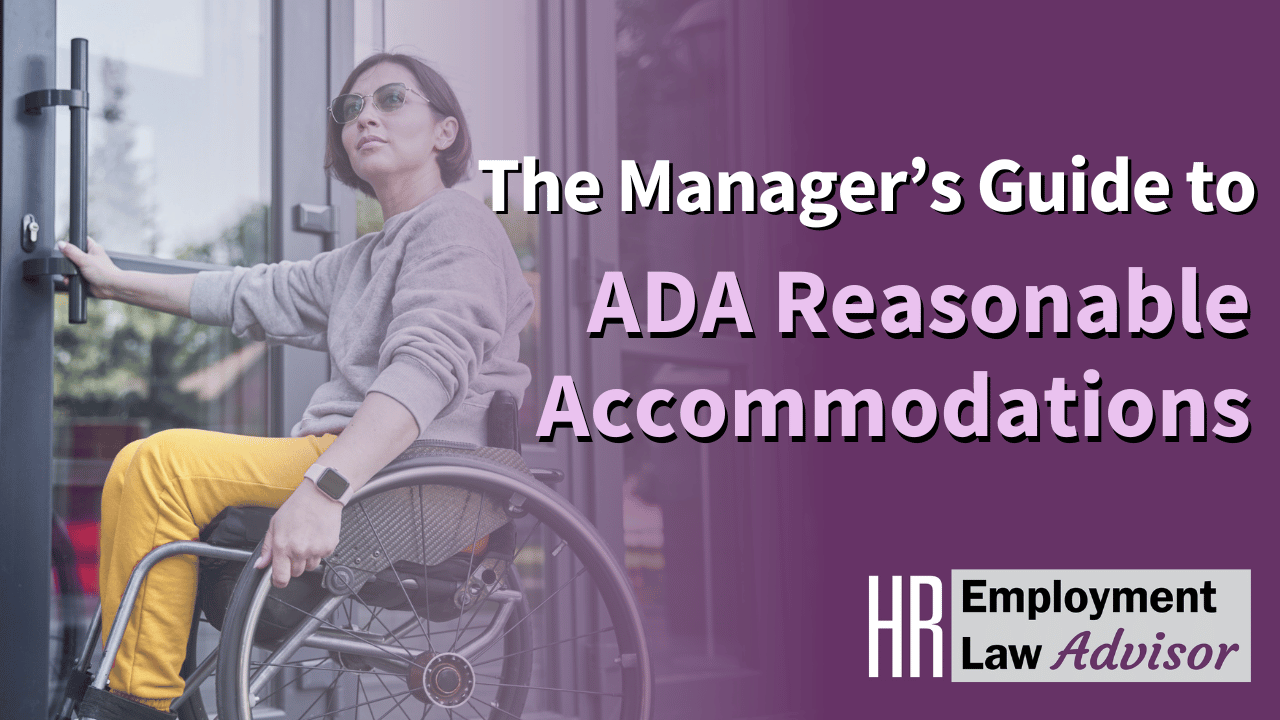Harassment is unwelcome conduct that is based on race, color, religion, sex, national origin, age, disability or genetic information. Because supervisors and managers are the eyes and ears of every workplace, they have an important role to play in identifying harassment when it occurs, putting a stop to it in their departments and reporting it to HR. They also have a legal obligation to ensure that harassment does not violate the rights of their subordinates.
This training will help managers understand what harassment is and their responsibilities for preventing it and stopping it.


